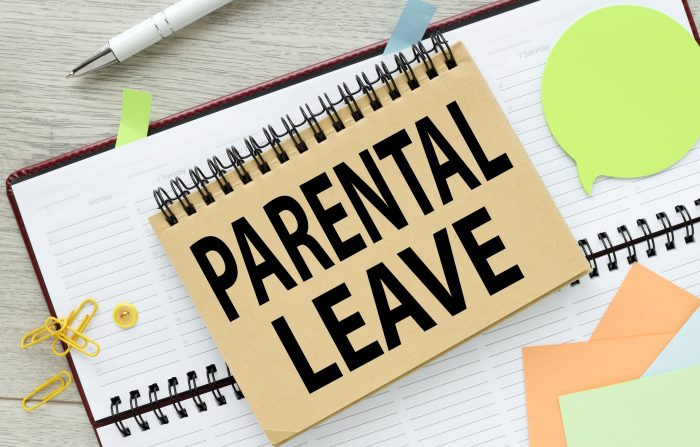Sick Leave Policy: Is A Doctor's Note Mandatory?

Generally, Sick leave is governed by the State the employee works in. This can make it tricky for small business owners to comply.
In general these are the following types of leave that small business owners should be concerned with:
– Sick leave
– Paid Family Leave
– Parental Leave
– FMLA
Sick Leave
Sick leave is generally considered to be any type of leave in which an employee is sick. This is not vacation leave. Many businesses face problems with employees potentially abusing sick leave for vacation purposes. When this occurs, the question of “Can I require a doctor’s note for sick leave?” becomes apparent.
As mentioned above, the State in which the employee works will govern how sick leave is determined. Business Owners can require a doctor’s note if their employee handbook and State law allow them to do so when an employee requests sick leave.
If an employee is requesting the use of sick leave, most state regulations will only allow employers to request proof of illness from an employee after being absent for more than a certain number of consecutive days. Employers should check with their state regulations to ensure they’re not requiring doctor’s note that do not align with State law.


Paid Family Leave
Parental Leave


FMLA ( Family and Medical Leave Act):
Is a doctor's note mandatory?
How long can an employee take sick leave?
What if your employee refuses to submit a doctor's note?
Can an employer reject a doctor's note?
Is there any sick leave policy for part-time and temporary workers?
2024: Sick leave trends in various states:
If you think your business is impacted and want to change your policies or create a new one, please contact hr@peopleworx.io. Talk to us and find out the best solution for your business now.